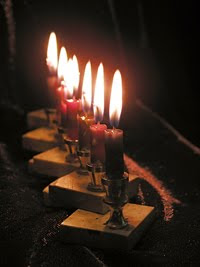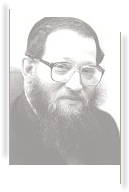 FUNATO, Japan – There are no cars inside the parking garage at Ofunato police headquarters. Instead, hundreds of dented metal safes, swept out of homes and businesses by last month's tsunami, crowd the long rectangular building.
FUNATO, Japan – There are no cars inside the parking garage at Ofunato police headquarters. Instead, hundreds of dented metal safes, swept out of homes and businesses by last month's tsunami, crowd the long rectangular building.Any one could hold someone's life savings.
Safes are washing up along the tsunami-battered coast, and police are trying to find their owners — a unique problem in a country where many people, especially the elderly, still stash their cash at home. By one estimate, some $350 billion worth of yen doesn't circulate.
There's even a term for this hidden money in Japanese: "tansu yokin." Or literally, "wardrobe savings."
So the massive post-tsunami cleanup under way along hundreds of miles (kilometers) of Japan's ravaged northeastern coast involves the delicate business of separating junk from valuables. As workers and residents pick through the wreckage, they are increasingly stumbling upon cash and locked safes.
One month after the March 11 tsunami devastated Ofunato and other nearby cities, police departments already stretched thin now face the growing task of managing lost wealth.
"At first we put all the safes in the station," said Noriyoshi Goto, head of the Ofunato Police Department's financial affairs department, which is in charge of lost-and-found items. "But then there were too many, so we had to move them."
Goto couldn't specify how many safes his department has collected so far, saying only that there were "several hundreds" with more coming in every day.
Identifying the owners of lost safes is hard enough. But it's nearly impossible when it comes to wads of cash being found in envelopes, unmarked bags, boxes and furniture.
Yasuo Kimura, 67, considers himself one of the lucky ones. The tsunami swallowed and gutted his home in Onagawa, about 50 miles (75 kilometers) south of Ofunato. He escaped with his 90-year-old father and the clothes on his back. But he still has money in the bank.
That's not the case for many of his longtime friends and acquaintances, said Kimura, a former bank employee.
"I spent my career trying to convince them to deposit their money in a bank," he said, staring out at his flattened city. "They always thought it was safer to keep it at home."
The number of safes that have turned up in Ofunato alone is a reflection of the area's population: In Iwate prefecture, where this Pacific fishing town is located, nearly 30 percent of the population is over 65.
Many of them keep money at home out of habit and convenience, said Koetsu Saiki of the Miyagi Prefectural Police's financial affairs department. This practice is likely compounded by persistently low interest rates, leaving little financial incentive for depositing money in a bank.
As in Iwate, local police stations in Miyagi are reporting "very high numbers" of safes and cash being turned in.
"It's just how people have operated their entire lives," he said. "When they need money, they'd rather have their money close by. It's not necessarily that they don't trust banks. But there are a lot of people who don't feel comfortable using ATMs, especially the elderly."
A 2008 report by Japan's central bank estimated that more than a third of 10,000-yen ($118) bank notes issued don't actually circulate. That amounts to some 30 trillion yen, or $354 billion at current exchange rates, ferreted away.












































